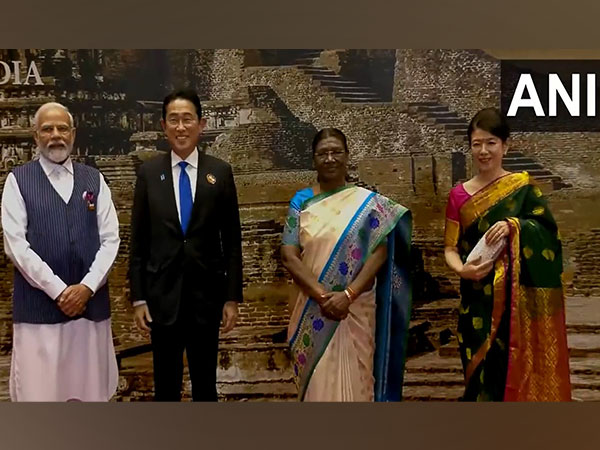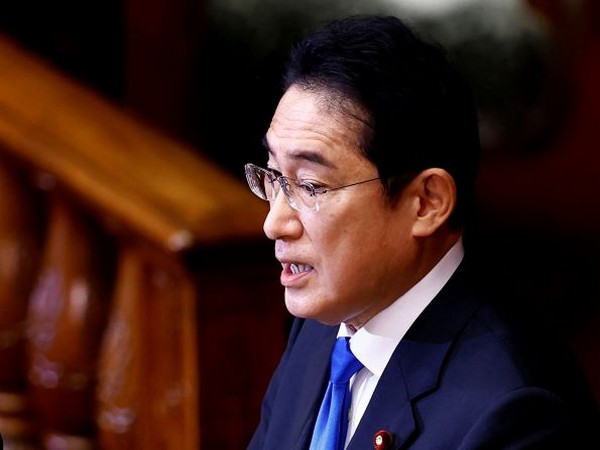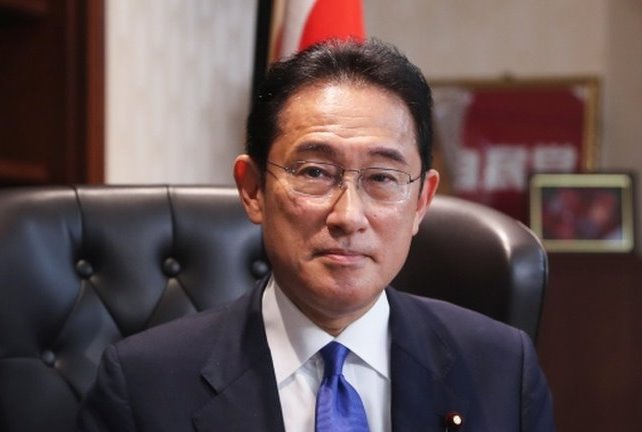The state funeral of Japanese Prime Minister Shinzo Abe, who was assassinated on July 8 in the city of Nara during a campaign speech, will take place on September 27 and is expected to see thousands of attendees.
According to Japan Times, representatives from over 217 countries and international organizations are expected to participate in the state funeral which is slated to start at 2 p.m. on Tuesday at the Nippon Budokan in central Tokyo.
Abe’s funeral on September 27 will be the second state funeral for a former prime minister since World War 2. The first one was held in 1967 for Shigeru Yoshida. Other deceased prime ministers received a joint Cabinet Office and Liberal Democratic Party service.
The state funeral ceremony will be the first major public event since new police security guidelines were implemented, including sniffer dogs at train stations and police patrols at Tokyo-area airports after Abe’s assassination on July 8.
Several foreign dignitaries are expected to attend the funeral service in Tokyo.
Prime Minister Narendra Modi will also attend the state funeral of former Japanese Prime Minister Shinzo Abe and separately meet Japanese Prime Minister Fumio Kishida.
Japan Times reported quoting the Chief Cabinet Secretary Hirokazu Matsuno who told a news conference Wednesday that the funeral planning committee has decided to set aside two flower offering stands in the park from 10 a.m. to 4 p.m. on the day of the funeral, however the area around the Nippon Budokan will be off-limits to anyone other than invited guests due to security concerns.
The funeral service will likely last for approximately one-and-a-half hours following which the national anthem of the country will be played, observing silence for the late Prime Minister.
As chair of the funeral committee, Prime Minister Fumio Kishida will deliver a commemorative speech that will then be followed by the speeches of the speaker of the House of Representatives, Hiroyuki Hosoda; Speaker of the House of Councilors, Hidehisa Otsuji; Chief Justice of the Supreme Court, Saburo Tokura; and former Prime Minister Yoshihide Suga as a representative of Abe’s closest colleagues, Japan Times reported.
Furthermore, the royal family of Japan will also pay tributes to Abe at his state funeral, however, maintaining the line of tradition, Emperor Naruhito, Empress Masako, Emperor Emeritus Akihito and Empress Emerita Michiko will not be attending the funeral, and their imperial envoys will pay their respects.
Crown Prince Akishino and Crown Princess Kiko, will lay flowers of condolence, followed by other attendees, Japan Times stated citing sources.
The ceremony will finish with the sending off of Abe’s remains and the placing of remembrance wreaths.
Abe was shot on July 8 in the Japanese city of Nara. Tetsuya Yamagami, 41, approached the politician from behind and fired two shots from a distance of about 10 meters (33 feet).
The attacker reportedly plotted the assassination of the 67-year-old former head of government for nearly a year.
Abe sustained two gunshot wounds to the front of his neck and the bullet that killed him damaged his heart and a major artery, causing blood loss, Hidetada Fukushima, the head of emergency services at Nara Medical University Hospital said.
Doctors attempted a blood transfusion after they were unable to stop the bleeding, Dr Fukushima said. Shinzo Abe arrived at a hospital without any vital signs after being shot during a campaign speech in western Japan.
Abe, Japan’s longest-serving Prime Minister, stepped down in 2020 citing health reasons. He was Prime Minister of Japan twice, from 2006-07 and again from 2012-20. He was succeeded by Yoshihide Suga and later by Fumio Kishida. (ANI)
Read More:https://lokmarg.com/



